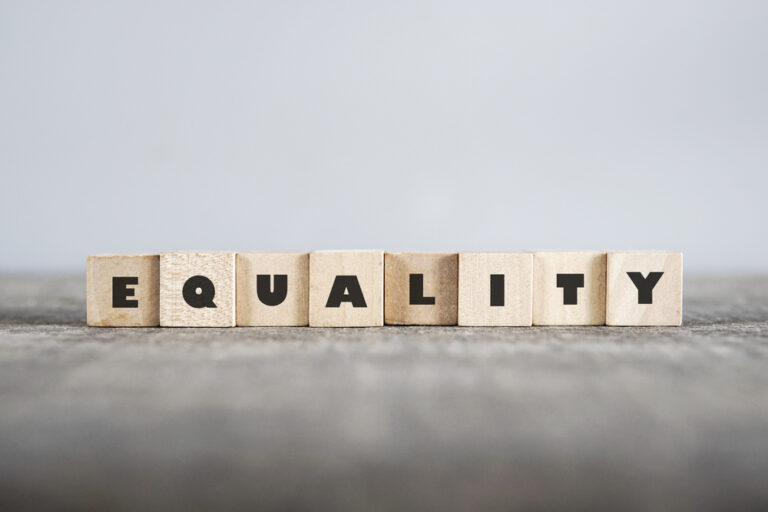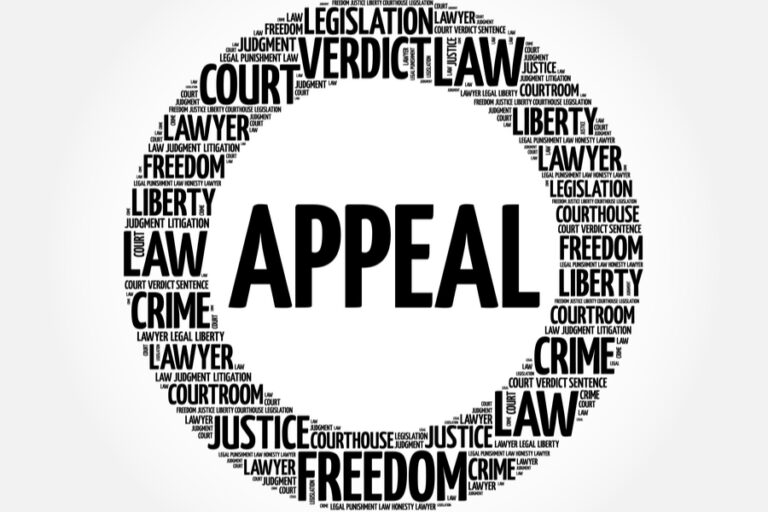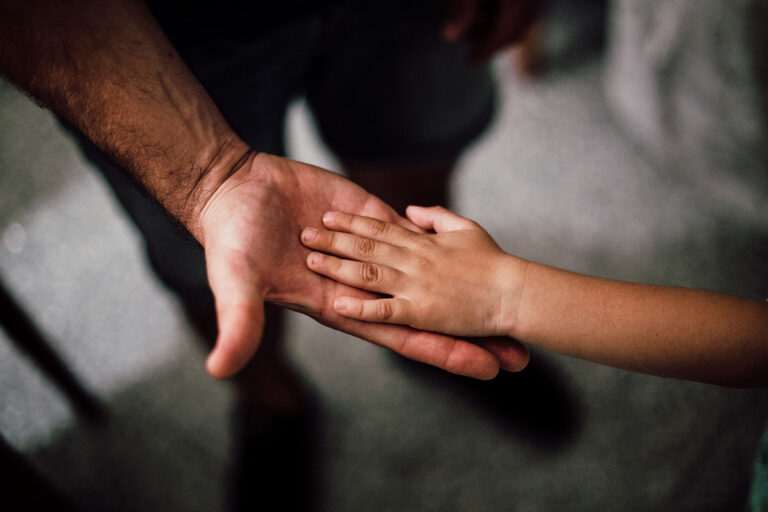In 2008, the law was changed to give people in same-sex relationships the same rights and responsibilities as people in heterosexual relationships. The Family Court has greater powers, including recognising parents of children born through artificial conception procedures (“ACP”), non-commercial surrogacy arrangements and children adopted by same-sex couples.
Same-sex parents can apply for parenting orders for:
- who the child will live with;
- who the child will spend time with; and
- who will make the major long term decisions (known as “parental responsibility”) for the child.












